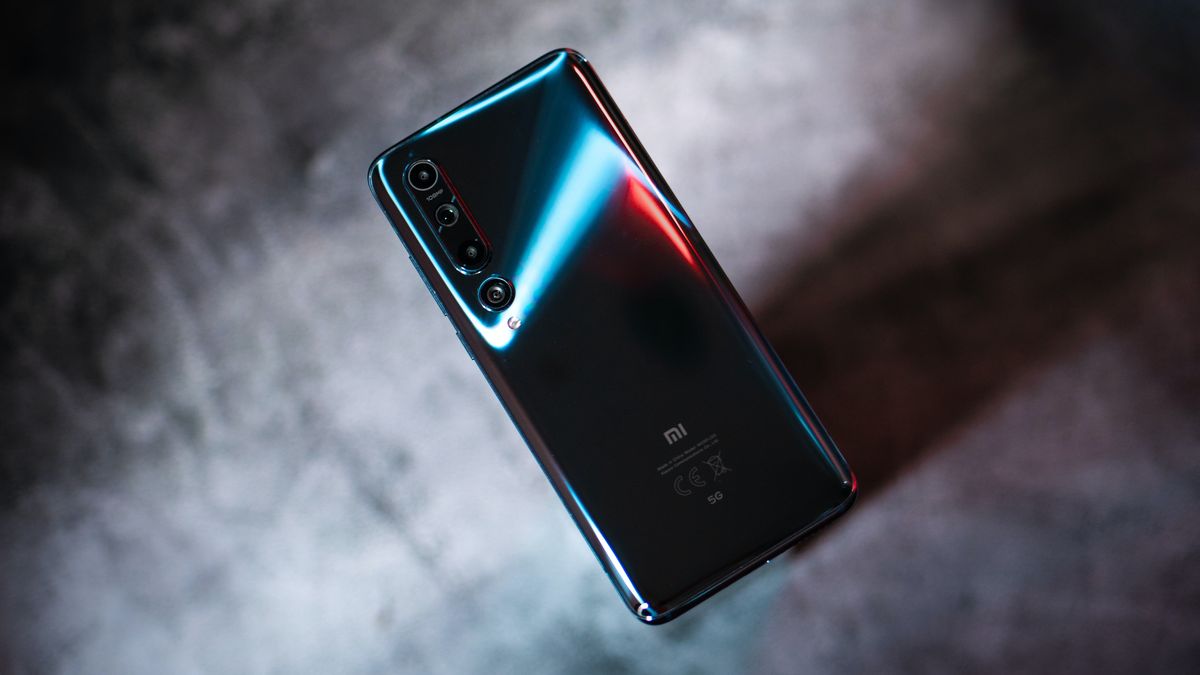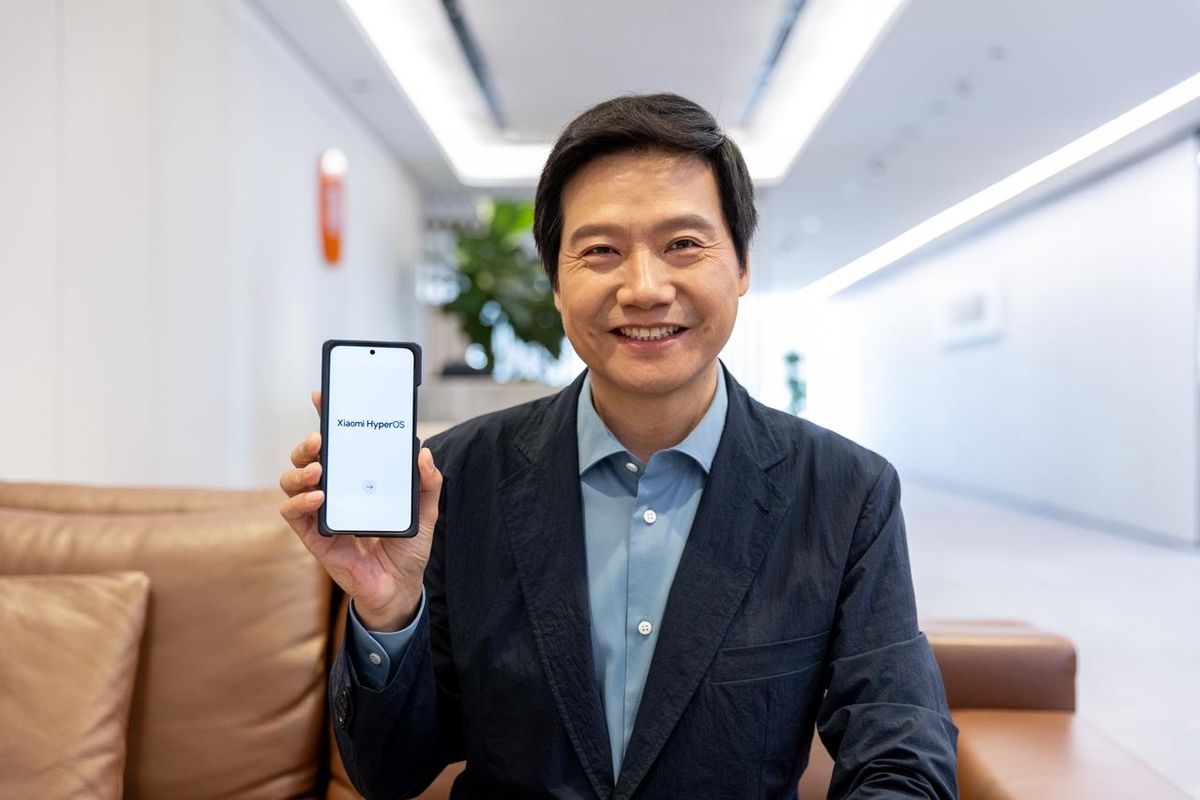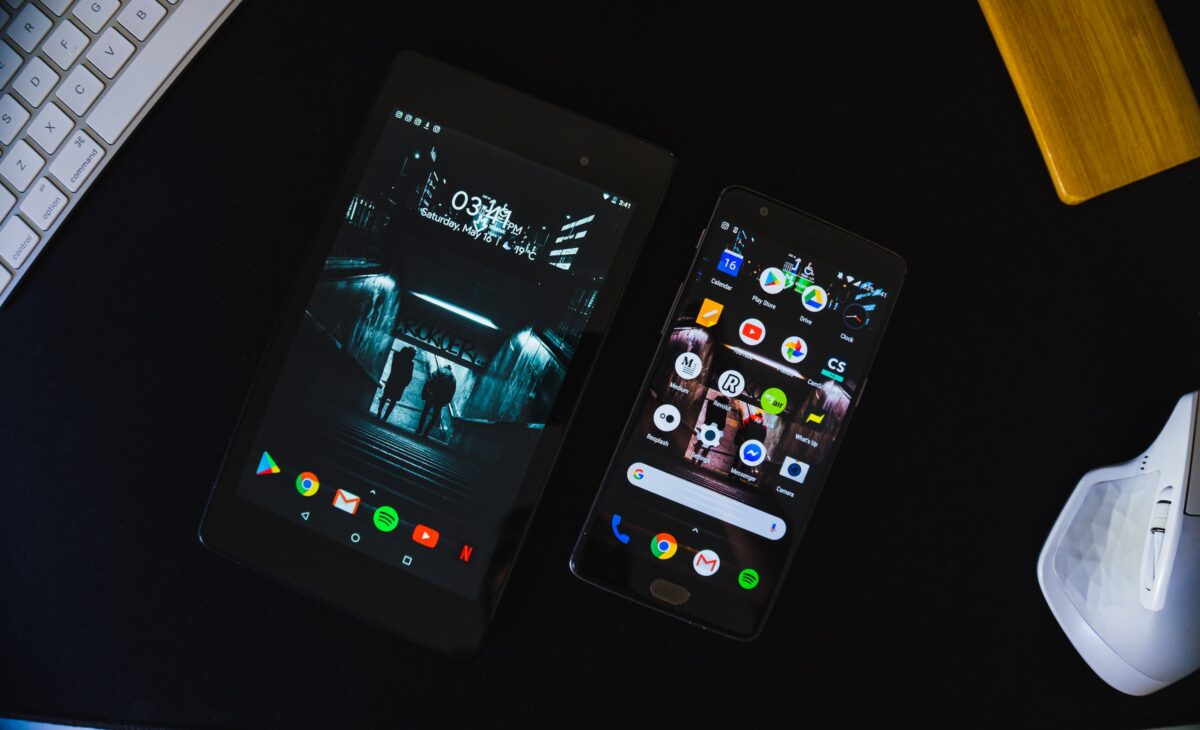Xiaomi HyperOS revolution begins as MIUI falls

In a recent xeet/tweet by Alvin, Xiaomi's Global VP, the tech giant announced the end of an era with the impending arrival of Xiaomi HyperOS. For over a decade, MIUI, the Android-based OS, has been at the heart of Xiaomi's smartphones. However, a new dawn is on the horizon, as HyperOS prepares to take the stage.
Xiaomi's CEO and founder, Lei Jun, took to X/Twitter to hail this moment as historic, marking a pivotal shift for the company. The official launch of HyperOS will coincide with the release of Xiaomi's 14 series, promising an innovative mobile experience for users.
Today marks a historic moment. After years of collective work, our new operating system, #XiaomiHyperOS, is set to make its official debut on #Xiaomi14Series. pic.twitter.com/bNJqIyD8y0
— Lei Jun (@leijun) October 17, 2023
Building a unified ecosystem with Xiaomi HyperOS
Xiaomi's journey towards HyperOS began in 2014 when its IoT business started taking shape. By 2017, the company officially initiated the development of this new system, aimed at supporting all their ecological devices and applications under an integrated system framework. HyperOS, as described by Android Authority, is "based on the integration of the deeply evolved Android and the self-developed Vela system".
It's a complete overhaul of the underlying architecture, paving the way for the Internet of Everything, supporting billions of devices and connections in the future.
Xiaomi HyperOS release date draws near
Xiaomi's commitment to ensuring a smooth transition from MIUI to HyperOS extends globally. According to Alvin, HyperOS will not be limited to specific regions; instead, it's set for a global rollout throughout 2024 and is set to be released together with the Xiaomi 14 series.
This approach reflects Xiaomi's dedication to enhancing the user experience universally. The shift to HyperOS is a significant leap forward, promising a fresh mobile experience for Xiaomi enthusiasts worldwide.

HyperOS, under development since 2017, is intended to serve as the cornerstone of Xiaomi's ecosystem. It will unify a diverse product line, including smartphones, smart home devices, and even vehicles, providing a seamless, integrated experience. The combination of Android's maturity and Xiaomi's in-house Vela system has resulted in a significant redesign of the OS's core architecture, laying the foundation for a harmonious future of interconnected devices and connections, the Internet of Everything.
Read also: Xiaomi Mix Fold 3: Release date, specs and more.
The future awaits
While specific details about Xiaomi HyperOS's features and user interface remain under wraps, Xiaomi's upcoming 14 series launch later this month is set to reveal its full capabilities, ushering in a new era of mobile technology. As we bid farewell to MIUI, we're about to embark on an exciting chapter with Xiaomi HyperOS.
This change promises to revolutionize how we interact with Xiaomi devices, providing a better and more interconnected future. Stay tuned for more developments as we explore the world of HyperOS and prepare for a promising technological journey with Xiaomi.
Advertisement




















Dont by China devices, dont Help army of china
That’s why I buy Chinese phones – so I can support China. If Russia had good smartphones, I’d buy them too, but they only have crappy ones so far and don’t sell worldwide.
“worldwide network of sensors, listening devices, trackers.”
Like what we have already with google,smartphones and amazon devices all doing what they want?
Do you think they’ll be leaving the source code open for inspection? My cynical self sees a fantastic opportunity for a worldwide network of sensors, listening devices, trackers.